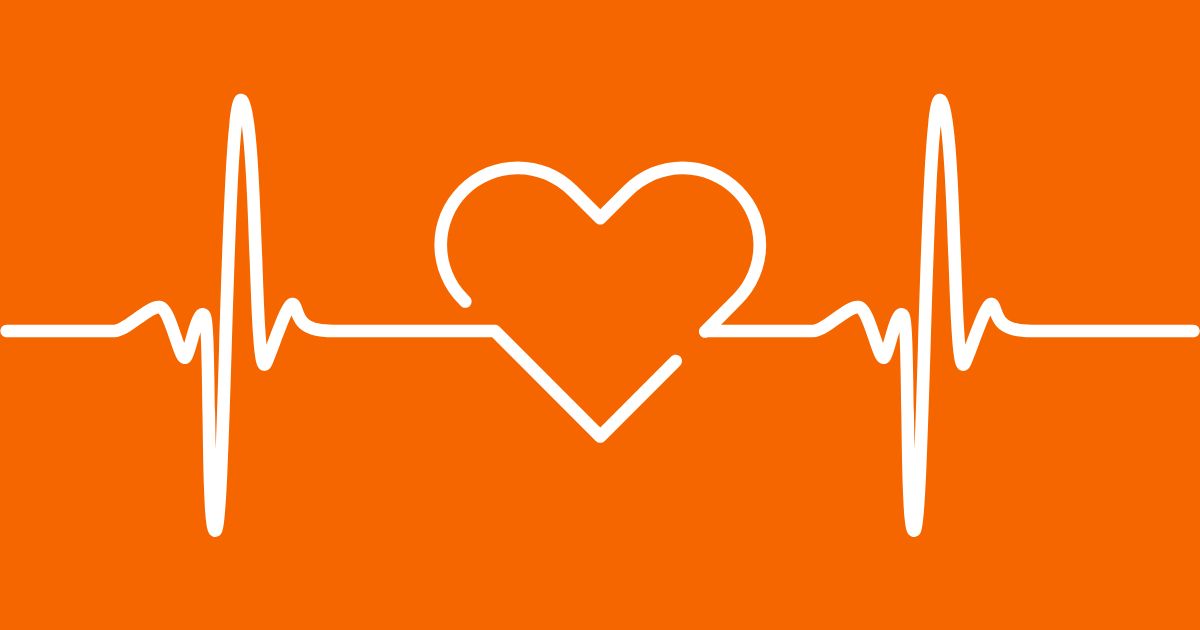Take your paramedic career to the next level as an Organ Utilization Coordinator
Paramedics are no strangers to high-pressure situations. They make life-saving decisions in seconds and deliver critical care when it matters most. Those same skills translate powerfully into a new, impactful role — one that saves lives through the gift of organ donation.

LifeSource — the federally designated Organ Procurement Organization dedicated to organ and tissue donation in the Upper Midwest — is actively seeking experienced paramedics for a rewarding role as an Organ Utilization Coordinator (OUC). Learn more and apply today >
What does an Organ Utilization Coordinator do?
An Organ Utilization Coordinator is responsible for managing the placement and logistics of donated organs — from coordinating with transplant centers and analyzing clinical data, to ensuring organs are safely recovered, transported, and transplanted. It’s fast-paced, meaningful work that requires precision, collaboration, and calm decision-making.

“Every time we get an organ placed, you feel the difference you’re making,” says Aron Nelson, an OUC and former paramedic. “It’s an incredible honor to play even a small part in these stories — honoring the donor, supporting the family, and helping recipients regain their quality of life.”
Organ donation is incredibly rare – about 1% of people who die will get the opportunity to give the gift of life to others. That’s due to a variety of medical and circumstantial criteria, including dying at a hospital while on ventilated support. Every opportunity matters: the Organ Utilization Coordinator role is critical to saving as many lives as possible.
Why paramedics excel in this role
Paramedics have a unique set of skills that are a perfect fit for this role. Here is how your background prepares you for this career shift:
- Communication skills: Paramedics are experts at relaying critical information in high-stakes moments. In the OUC role, you’ll work closely with transplant centers, hospitals, and partners to coordinate organ placement and transportation.
- Clinical judgment: Your ability to assess rapidly changing medical situations is key. OUCs evaluate donor suitability, interpret electronic medical records, and make time-sensitive decisions that align with clinical guidelines and regulatory standards.
- Logistics and coordination: Your experience managing patient transportation and ensuring timely, safe transfers will translate directly to coordinating the logistics of organ recovery, packaging and transport.
- Calm under pressure: The high-stakes nature of organ donation, including time-sensitive decisions, requires the same level of composure and decision-making under pressure that you’ve developed as a paramedic.
“EMS taught me to anticipate multiple outcomes and pivot quickly during unexpected situations,” shares Dana Utterberg, an OUC and former paramedic. “Even though I’m no longer in direct patient care, I still help people live their lives — and no two days are ever the same.”
The work and the team
The OUC role gives you the chance to stay involved in emergency care at a higher level, directly contributing to life-saving efforts through the donation and transplantation process.
OUC Lindsay shares a sneak peek into the role:
As an Organ Utilization Coordinator, your role is to manage the logistics of organ donation from start to finish, including:
- Coordinating life-saving efforts: You’ll oversee the placement of organs for transplant, working with transplant centers and OPOs to match donors with recipients based on critical factors like organ viability, compatibility, and location.
- Clinical expertise: Your clinical expertise will be used to assess donor suitability, interpret medical records, and make key decisions that impact transplant outcomes.
- Real-time decision-making: The role demands rapid problem-solving and real-time decision-making, ensuring that every step of the organ donation and transplantation process runs smoothly.
- Collaboration across teams: You’ll partner closely with transplant teams, hospitals, funeral directors, and others, playing a vital role in a complex, multi-stakeholder process.
“The OUC team is central to our mission,” says Amy McDonough, OUC team manager at LifeSource. “They’ve improved organ utilization, built strong relationships with transplant partners, and helped innovate new workflows to make the process more efficient. It’s a high-performing team committed to saving lives.”
A supportive, innovative culture
This isn’t a solo role — the OUC team thrives on shared success and mutual support.
“We look for people who are resilient, accountable, and forward-thinking,” Amy continues. “This team is full of go-getters who aren’t afraid to roll up their sleeves and tackle challenges head-on. Everyone supports each other and works toward the same goal.”
And yes — one surprise for many transitioning from EMS?
“Working from home!” says Aron. “I went from being in ambulances and hospitals to managing cases from my home office. It’s different, but I get more time with my family and I still make a huge impact.”
Ready to make a new kind of difference?
LifeSource offers many career opportunities to contribute to meaningful, life-saving work while leveraging your skills in a cutting-edge, innovative environment. View our career page for our current openings.
 Skip to main content
Skip to main content
